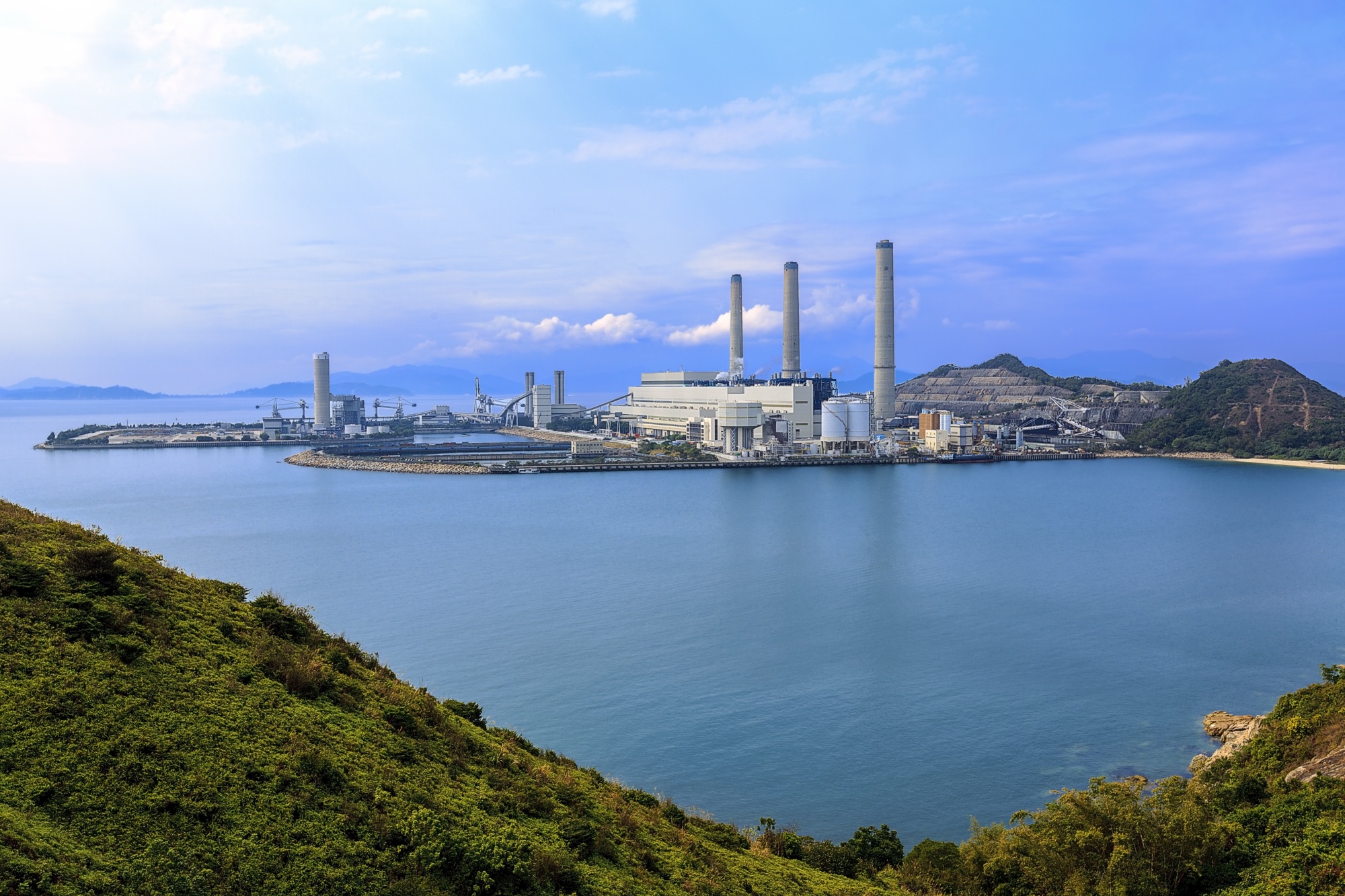This is the fourth in a series of reports on Japan's energy policy.
A searing heat wave in Europe, along with a severe drought in India and heavy rainstorms in Kyushu. These highlight the worry over how severe the problems of climate change have become. It is not scientific to conclude that these abnormal weather phenomena are caused by greenhouse gases emitted by humans, but there's little doubt that climate change is an urgent problem that needs to be tackled.
Japan's greenhouse gas emissions reached about 1.294 billion metric tons in fiscal 2017. Following the Fukushima nuclear disaster in 2011, emissions grew rapidly in the subsequent two years as nuclear plants, which had accounted for about 30 percent of power generation, shut down one after another and their losses were offset by an increased reliance on thermal power plants. After hitting a peak of about 1.490 billion metric tons in 2013, the nation's greenhouse gas emissions have been steadily declining. But the power generation sector, which accounts for about 40 percent of Japan's total emissions, has not succeeded in reducing emissions.



